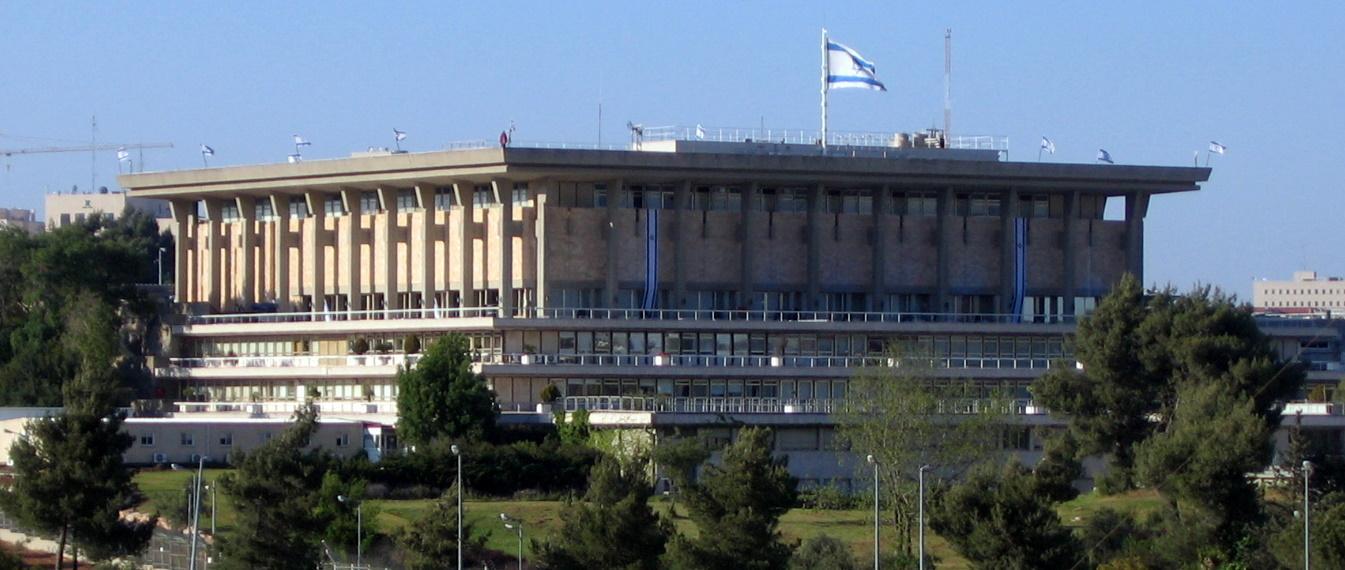
Israel has always been always at least somewhat present in my life. Though I have only visited once, as a Jew who was raised in a Jewish educational system, Zionism came part-and-parcel with my religious education. In school, I learned Modern Hebrew as a second language and was exposed to Israeli culture and food. Israel was the Jewish homeland, and I, in religion, in peoplehood, and in Israeli law, was guaranteed a home (or, at the very least, citizenship) there.
As I grew older, I was taught that as an American Jew, I had a duty to defend and support Israel; therefore, I began to engage in a wide range of pro-Israel activities. I attended AIPAC’s 2012 Policy Conference, and began writing and thinking critically about what it means to be pro-Israel in the context of a world that is increasingly hostile toward perceived colonialism (and many do perceive Israel and Zionism as a colonial project, even if we supporters of Israel do not).
One of the claims made in the documentary The J Street Challenge (which — yes — I did, finally, watch) is that J Street specifically (and, perhaps, other left-wing Zionist organizations as well) are imperialist in their desire to circumvent the Israeli political system by advocating for a two-state solution that the Israeli government does not support at present. However, could this question not be posed more broadly? Couldn’t any intervention into the Israeli-Palestinian conflict by Americans, either from the political left or the political right, be considered imperialist? Are we not imperialist in our desire to end a conflict in a region not our own, in a country that does not directly threaten our own borders and our own country?
If we Jews truly believe Israel to be our homeland, we have a vested interest in our protection, be we politically on the left or on the right — in essence, we have no choice but to be imperialists. Alternately, if we truly belong in Israel, then we, too, have a say in how our Jewish homeland should function.
Or, perhaps, we should not.
The question of the role Diaspora Jewry should play in Israeli politics has existed since the state’s inception; the rift between Zionist Jews in Israel and the Zionist Jews in America has only grown more distinct from the “New Jew” that early Zionists in Palestine (then later Israel) envisioned. The question of what effects Zionism should have on Diaspora Jewry would continue to preoccupy Zionist thinkers and Israeli leaders even after David ben Gurion announced in a 1952 speech (found on page 564 of this PDF of the 1952 American Jewish Year Book, courtesy of the American Jewish Committee) that American Jews bore no political allegiance to Israel.
Despite this declaration by a founder of the modern Israeli state, we, as American Zionists, have still always felt the need to advocate on behalf of, and lobby for, Israel here in the United States — through support of AIPAC, J Street, or any of a myriad of pro-Israel campus groups. Indeed, the relationship American Jews have with Israel has become only more complicated, not only because of the recently failed negotiations mediated by Secretary of State John Kerry, but also because of the growing distance between American Judaism and Israeli Judaism. While the synagogue that most Israelis continue to not attend is Orthodox, this is not the case in America, and many American Jews are growing increasingly displeased with the Ortho-normativity, if we can call it that, of Judaism in Israel — how the standard by which all Jews, everywhere, must measure themselves is Orthodox, even if most Jews (both within Israel and without) are not. This is, indeed, the reason behind some of the ire Israel’s frontrunner for president will probably face from American Jews for his harshly critical, and even insulting, opinions on Reform Judaism, by which he continues (for better or for worse) to stand. This is also the reason that the Jewish Federations of North America is seeking to support civil marriage in Israel, which is currently under the control of the Orthodox Israeli Rabbinate.
Ultimately, the combined message we American Jews are receiving from the right-wing government as it continues to back settlements in the Occupied West Bank is only one part of a larger perception by American Jews that Israel— and, indeed, the Jewry it represents —is becoming less and less a Jewish homeland as a homeland for Israeli Jewry. What role, then, do we have as American Jews? Ben Gurion relieved us of our duties to the State of Israel 62 years ago, yet we continue to support it. But that erstwhile unconditional support is now on the line. Israel might be trying to gain the support of right-wing voters, but the vast majority of American Jews (to reference, almost obligatorily, the over-discussed Pew Report) are growing increasingly liberal, and the rift is showing.
The question has changed. It is no longer how we support Israel, but if we can continue to unconditionally support an Israel that seems to hold our political and religious values in contempt.
We, the American pro-Israel community, must ask ourselves if we support the idea of a Jewish homeland (and I know that I, for one, still do, at least for now) and if we can continue supporting a state and a government that does not seem to want America’s help and seems set in its desire to stake its own claim to Judaism. Our connection to our Judaism is through our heritage first, and everything else second. What, then, is our role in advocating for a homeland which is growing increasingly dissimilar from us?
Amram Altzman is a student at List College.

